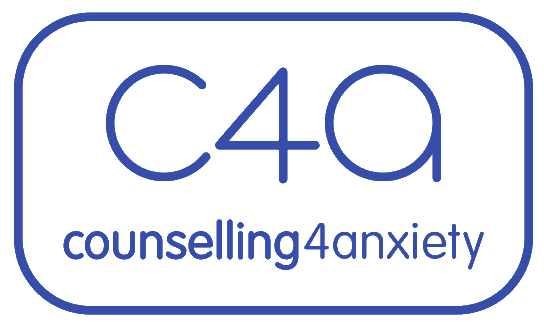Anxiety and depression seem to co-exist at points, demonstrating that mental health difficulties can be complex issues that need to be addressed through multiple modes of therapeutic intervention. They also seem to be cyclical and linked to self-esteem. This means that as self-esteem drops within clinical depression for example, it has a knock on effect on the ability of individuals to carry out daily tasks which also can raise their anxiety and even bring on feelings of panic and panic attacks. The sense of being ‘out of control’ is something that affects some people, as part of clinical anxiety and depression with associated anxiety. These feelings are also interconnected with the development of, or perpetuation of internalised phobias that may grow over time and affect the general day to day functioning of individuals.
Conversely, anxiety and OCD also have nexus or convergent points and people who have obsessive thoughts and compulsive ritualistic behaviours, also have high levels of anxiety associated with them. In other words, some people try to ‘think their way out of’ thoughts, thereby repeatedly re-enforcing them and the thought patterns that are initially causing them distress. ‘Thinking a way out of thoughts’ may provide some initial relief, however, the longer this continues, the more embedded the issues become.
Or some individuals may carry out ritualistic behaviours that have a pattern to them and which are associated with bringing some form of relief to sufferers, as though by carrying out these actions, catastrophic events can be curtailed or reduced. These fears, sometimes allied with ‘black and white’ catastrophic thoughts or of perceived future harm, fuel anxiety that creates the engine for ruminations. It is partly the reason why OCD and anxiety are so interlinked and interwoven.
Uncoupling the fears, whilst understanding where the thoughts may have originated from and supporting people with stress reduction techniques, form the basis of the therapy work that I bring into practice.
